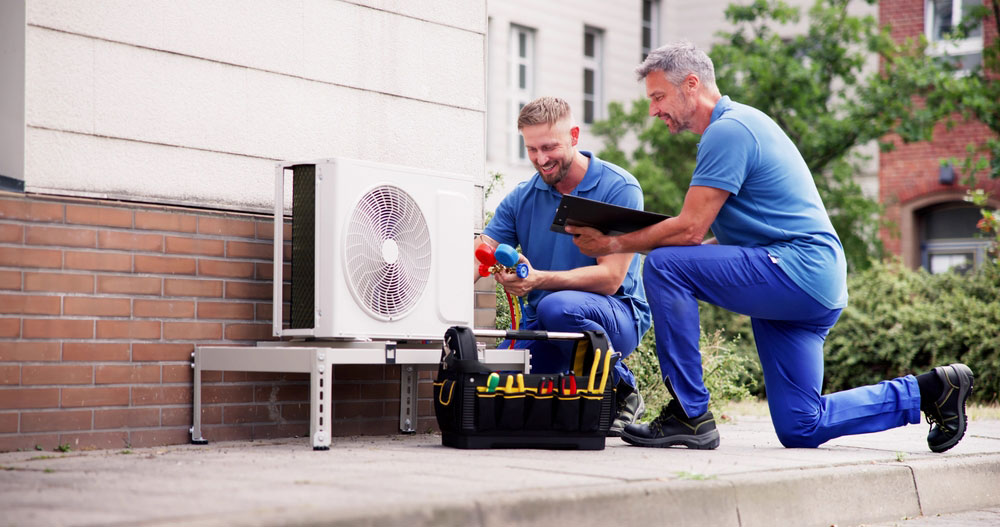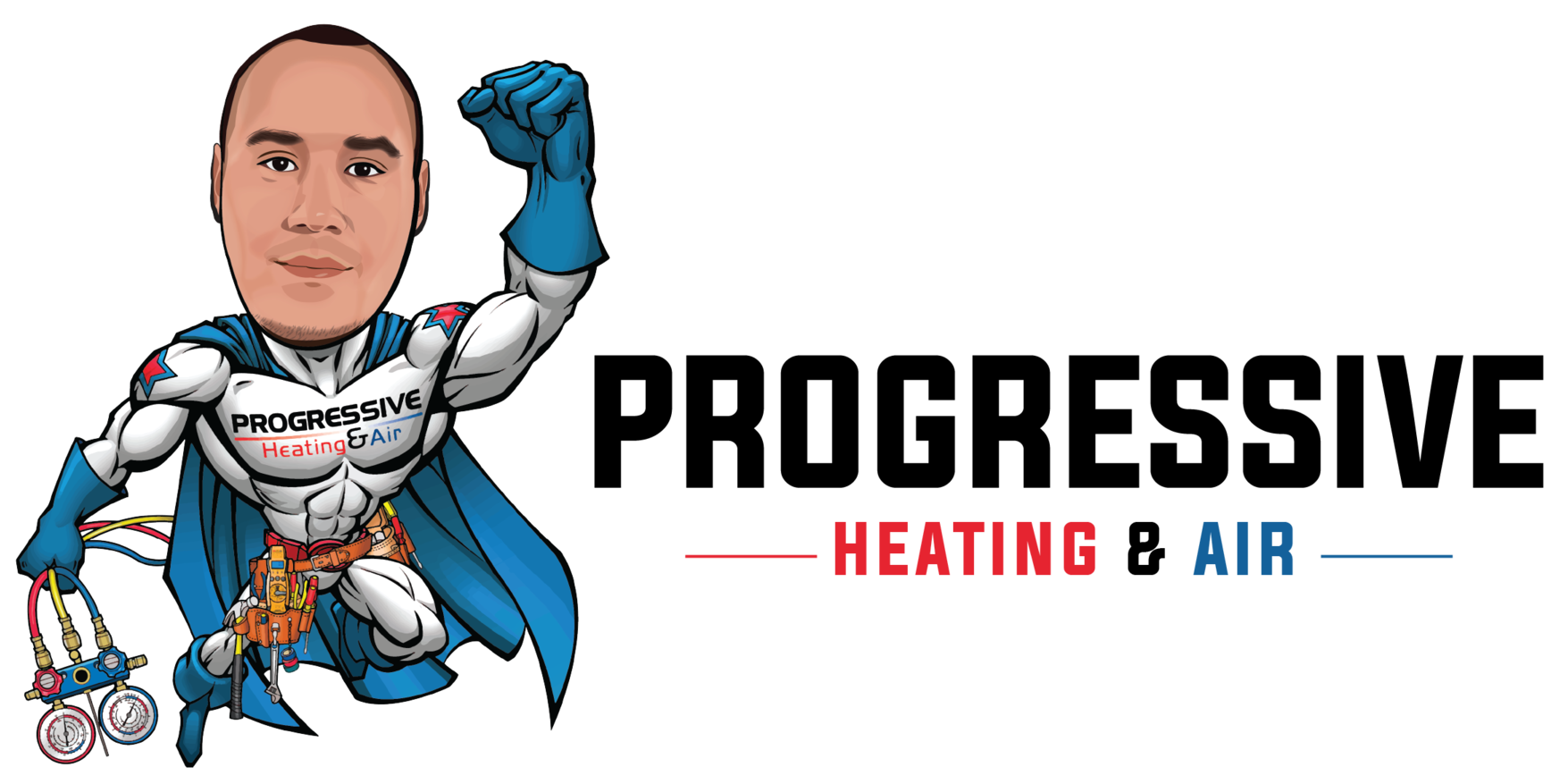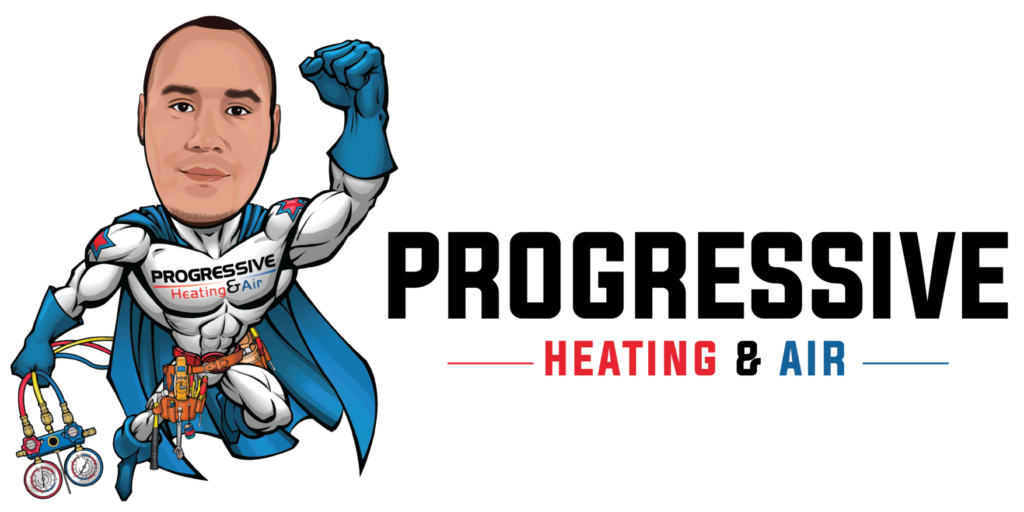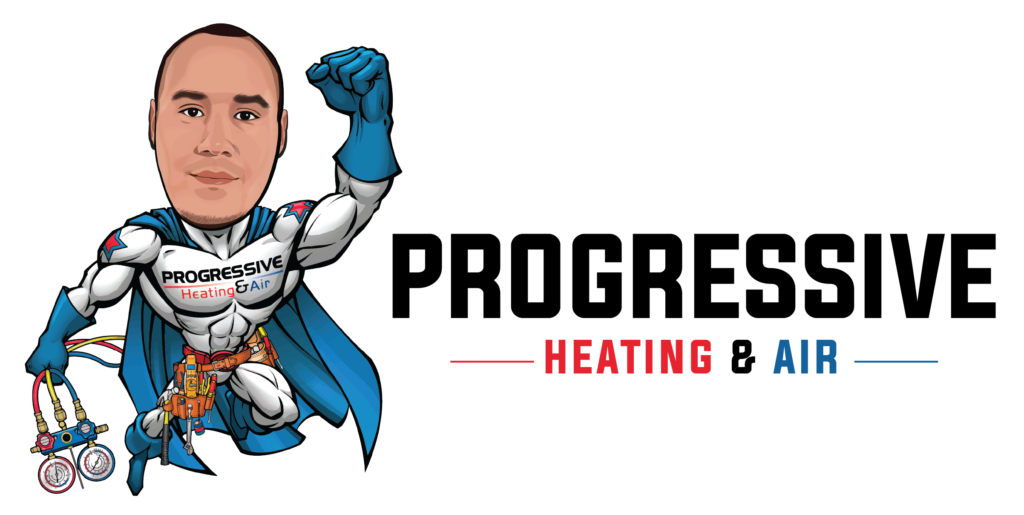
Dealing with a faulty AC can raise concerns about repair costs, which aren’t always straightforward.
Factors like your unit’s type and age, the complexity of the issue, and even where you live all influence the final price.
Repairs might range from minor fixes to more substantial expenses, depending on these variables.
So, what actually drives these costs, and how can you keep them manageable?
Let’s delve into what affects your AC repair bill and how to plan for it effectively.
Factors Affecting AC Repair Costs
Several factors can influence the cost of AC repairs:
Age and Model of the AC Unit:
- Older Units: Older units may require more specialized repairs and parts, increasing the cost.
- Newer Units: Newer units may be easier to repair, but specific parts might be more expensive.
Complexity of the Repair:
- Minor Repairs: Simple issues like clogged filters or faulty thermostats are typically less expensive to fix.
- Major Repairs: Complex repairs, such as compressor or evaporator coil replacements, can be more costly.
Part Costs:
- Brand and Model: The brand and model of your AC unit can influence the cost of replacement parts.
- Availability of Parts: If specific parts are difficult to source, it may increase repair costs.
Labor Costs:
- Technician’s Expertise: Experienced technicians may charge higher rates.
- Time Required: The complexity of the repair and the time required to complete it will impact the labor cost.
Seasonal Demand:
- Peak Season: During peak seasons, demand for AC repairs increases, which can lead to higher prices and longer wait times.
- Off-Peak Season: Off-peak seasons may offer more competitive pricing and faster service.
By understanding these factors, you can better budget for AC repairs and make informed decisions about your home cooling system.
Common AC Repair Expenses
The cost of AC repair can vary widely depending on the specific issue, the age of your unit, and your location.
Here are some of the most common AC repair expenses:
Minor Repairs:
- Filter Replacement: A relatively inexpensive fix that can improve efficiency.
- Cleaning: Cleaning the coils and other components can resolve performance issues.
- Thermostat Replacement: Replacing a faulty thermostat can be a straightforward repair.
Major Repairs:
- Refrigerant Leak Repair: Identifying and fixing refrigerant leaks can be costly, especially for older units.
- Compressor Replacement: A major component, a faulty compressor can lead to significant repair costs.
- Motor Replacement: Replacing a faulty motor can be expensive and may require professional assistance.
Additional Factors Affecting Cost:
- Labor Costs: Labor costs can vary depending on your location and the complexity of the repair.
- Part Costs: The cost of replacement parts can vary depending on the brand and model of your AC unit.
- Emergency Repairs: After-hours or emergency repairs may incur additional fees.
It’s important to consult with a qualified HVAC technician to accurately diagnose the issue and provide a precise cost estimate.
Regular maintenance can help prevent costly breakdowns and ensure your AC unit operates efficiently throughout the year.
Tips to Reduce AC Repair Costs
Regular maintenance and proactive care can significantly reduce your AC repair costs.
Here are some tips to keep your AC running efficiently and minimize the need for expensive repairs:
Preventive Maintenance:
- Regular Filter Changes: Change your air filters every 1-3 months to improve airflow and efficiency.
- Annual Tune-Ups: Schedule professional tune-ups to inspect and clean your AC system.
- Seal Air Leaks: Seal any air leaks around windows, doors, and ductwork to improve energy efficiency.
Monitoring and Maintenance:
- Check the Thermostat: Ensure it’s set to the correct temperature and functioning properly.
- Listen for Unusual Noises: Unusual noises like grinding or squealing can indicate a problem.
- Monitor Airflow: Check for restricted airflow from clogged filters or vents.
Energy-Efficient Practices:
- Programmable Thermostat: Use a programmable thermostat to optimize energy consumption.
- Shade Your Home: Use blinds, curtains, or awnings to block direct sunlight.
- Seal Air Ducts: Seal any leaks in your ductwork to improve efficiency.
By following these tips, you can extend the life of your AC unit, reduce energy costs, and minimize the need for costly repairs.
Understanding the factors that influence AC repair costs and adopting proactive maintenance practices can go a long way in keeping expenses manageable.
By scheduling regular tune-ups, monitoring your system for issues, and following energy-efficient practices, you can extend the life of your AC unit, reduce the risk of major repairs, and lower energy bills.
With informed planning and proper care, you’ll enjoy a more reliable cooling system and avoid unexpected repair costs.



